Home>diy>Building & Construction>Closing Costs When Building A House
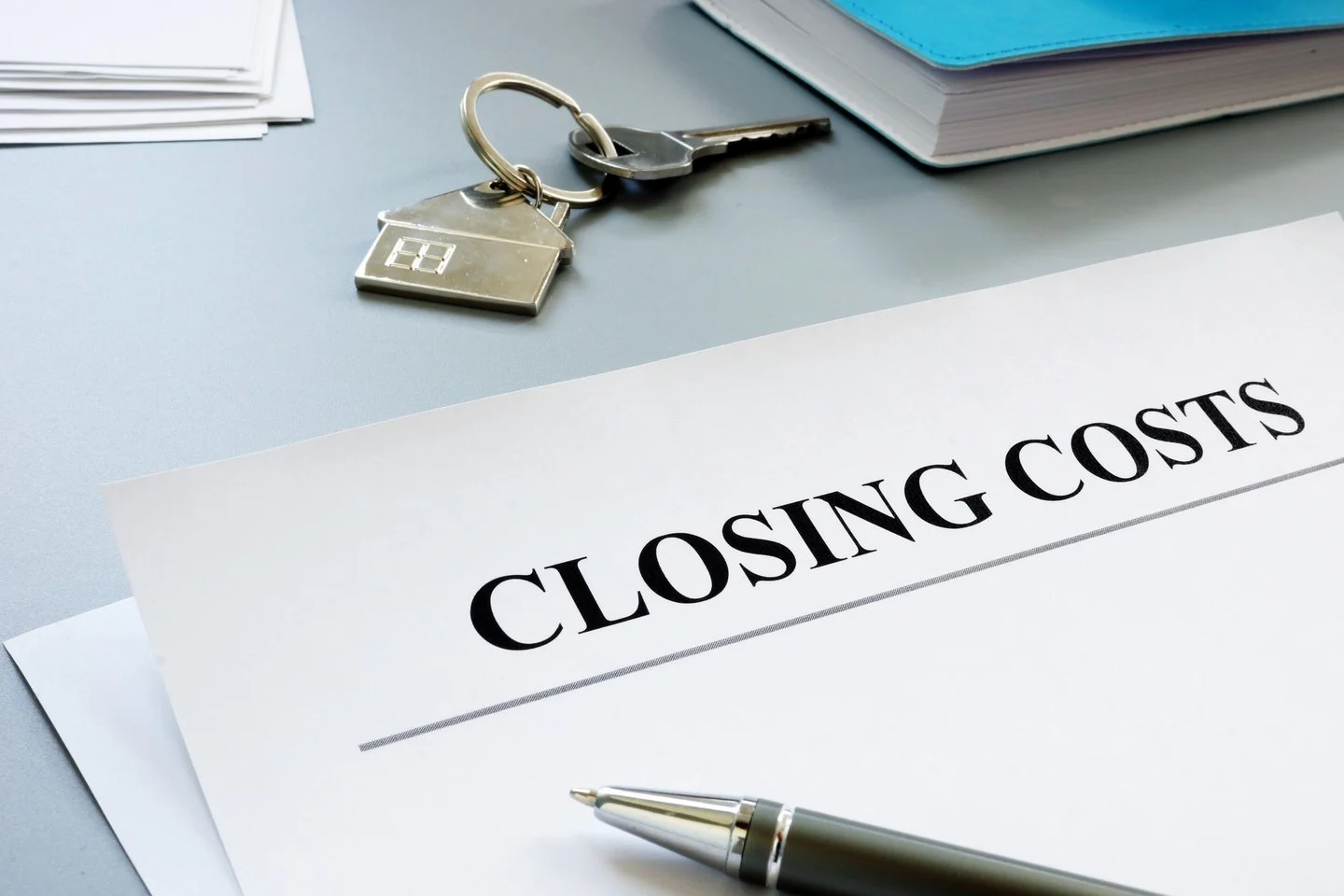

Building & Construction
Closing Costs When Building A House
Modified: August 17, 2024
Discover the closing costs involved in building your dream house. From permits to materials, we break down the expenses you need to consider.
(Many of the links in this article redirect to a specific reviewed product. Your purchase of these products through affiliate links helps to generate commission for Storables.com, at no extra cost. Learn more)
Introduction
Building a house is an exciting endeavor. It allows you to create a space that is uniquely tailored to your needs and preferences. However, amidst all the anticipation, it’s important to remember that there are various costs associated with building a house, including the often-overlooked closing costs.
Closing costs refer to the fees and expenses that must be paid during the final stages of a real estate transaction. While many people are familiar with closing costs when buying an existing home, the concept of closing costs during the construction process can be a bit more complex. Understanding what these costs entail, and effectively planning for them, is crucial to ensuring a smooth construction process.
When it comes to building a house, closing costs can be categorized into different phases: pre-construction, construction phase, and post-construction. Each phase carries its own set of expenses and considerations. Additionally, there are some additional closing costs that may arise, depending on your specific circumstances.
In this article, we will delve into each of these phases and explore the different types of closing costs associated with building a house. We will also provide some tips on how to minimize these costs and make the most of your budget. By understanding and preparing for closing costs, you can navigate the construction process more confidently and avoid any financial surprises along the way.
Key Takeaways:
- Closing costs for building a house encompass pre-construction, construction phase, and post-construction expenses. Understanding and budgeting for these costs is crucial for a smooth and successful construction project.
- To minimize closing costs, consider strategies such as shopping around for lenders, negotiating with contractors, and exploring energy-efficient options. Careful planning and proactive measures can help optimize your construction budget.
Read more: What Is Average Cost Of Building A House
Understanding Closing Costs
Before we dive into the specific closing costs associated with building a house, it’s essential to have a clear understanding of what closing costs actually are. Closing costs are the fees and expenses incurred during the final stages of a real estate transaction, whether it’s purchasing an existing home or constructing a new one.
For building a house, closing costs are typically incurred at various points throughout the construction process. These costs cover a range of services, such as appraisals, inspections, paperwork, and legal fees, among others. The total amount of closing costs will vary depending on factors such as the size and complexity of the project and the location of the property.
It’s important to note that closing costs can be a significant financial burden. In addition to the construction expenses, these costs can add up and impact your overall budget. Therefore, it’s crucial to budget and plan for closing costs to ensure that you have sufficient funds to cover these expenses.
Now that we have a basic understanding of closing costs, let’s explore the different types of closing costs that you can expect during the construction process. By familiarizing yourself with these costs, you can better prepare and avoid any financial surprises.
Closing Costs for Construction Loans
When building a house, one common method of financing is through a construction loan. A construction loan is a short-term loan that provides the funds needed to cover the costs of building the house. Just like any other loan, there are closing costs associated with construction loans.
The closing costs for construction loans typically include:
- Loan origination fees: This fee covers the administrative costs of processing the loan, including the lender’s services and paperwork. It is usually a percentage of the loan amount and can range from 1-2%.
- Appraisal fees: Before approving a construction loan, lenders will require an appraisal to determine the value of the property. The borrower is responsible for covering the cost of the appraisal.
- Inspection fees: During the construction process, inspections are often required to ensure that the work is being done according to the plans and building codes. These inspections typically incur additional fees.
- Title insurance fees: Title insurance protects the lender and the borrower in case there are any issues with the property’s title. The borrower is typically responsible for purchasing a lender’s title insurance policy.
- Survey fees: A survey may be necessary to determine the property boundaries and identify any encroachments. The borrower is responsible for covering the cost of the survey.
- Construction loan administration fees: Some lenders may charge administration fees to cover the costs of managing and disbursing the construction loan funds throughout the construction process.
It’s important to note that closing costs for construction loans can vary among lenders. It’s wise to shop around and compare loan offers to ensure you are getting the best terms and rates. Be sure to factor in the closing costs when determining the total cost of the loan and how it fits into your budget.
Now that we’ve covered the closing costs specific to construction loans, let’s explore the closing costs that occur during the different phases of building a house.
Pre-Construction Closing Costs
Before construction on your new house begins, there are several closing costs that you will incur during the pre-construction phase. These costs are essential for initiating the construction process and ensuring that all necessary requirements are in place.
Here are some common pre-construction closing costs:
- Permit and zoning fees: These fees cover the cost of obtaining building permits and ensuring that your construction plans comply with local zoning regulations. The fees can vary depending on the location and size of the project.
- Architectural and engineering fees: If you hire professionals to design and prepare construction plans for your house, you will need to pay their fees. These fees can include the cost of architectural drawings, structural engineering inspections, and other related services.
- Soil and environmental testing: Before construction can begin, it may be necessary to conduct soil tests and environmental assessments to ensure that the site is suitable for building and meets environmental standards. The costs for these tests will depend on the specific requirements for your location.
- Land surveys: A land survey may be required to determine the boundaries of your property and identify any potential encroachments or easements. The cost of a land survey will depend on the size and complexity of your property.
- Pre-construction insurance: It’s essential to have insurance coverage in place before construction begins. This can include builder’s risk insurance to protect against damage or loss during the construction process, as well as liability insurance to cover any accidents or injuries that may occur on the property.
These pre-construction closing costs are crucial for laying the groundwork for your construction project. They ensure that you have all the necessary permits, plans, and safeguards in place before breaking ground.
While these costs may add to your initial expenses, they are essential for a successful and legally compliant construction project. It is important to factor in these costs when budgeting for your new home construction.
Next, let’s explore the closing costs that occur during the construction phase of building your house.
Construction Phase Closing Costs
During the construction phase of building your house, there are several closing costs that you will incur. These costs are associated with various aspects of the construction process and are essential for the smooth and successful completion of your new home.
Here are some common closing costs that occur during the construction phase:
- Construction loan interest: As you build your house, you will be making loan payments based on the amount borrowed. These payments will include the principal amount and the interest accrued during the construction period.
- Building permit renewals: Depending on the length of the construction process, you may need to renew your building permits. Renewal fees can vary, so it’s important to check with your local building department to determine the costs involved.
- Utility connection fees: When your new house is nearing completion, you will need to connect utilities such as water, electricity, gas, and sewage. Utility companies often charge fees for these connections.
- Construction inspections: Throughout the construction process, various inspections may be required to ensure compliance with building codes and safety regulations. These inspections often incur fees that are paid to the inspection agencies.
- Construction site security: To protect your construction site from theft or vandalism, you may need to invest in security measures such as temporary fencing or security cameras. These costs contribute to the safety and security of your construction project.
It’s important to consider these closing costs when budgeting for your construction project. They are necessary expenses that ensure your project meets all legal requirements and progresses smoothly.
Additionally, during the construction phase, unexpected costs may arise due to unforeseen circumstances or necessary adjustments to the original plans. It’s crucial to have a contingency fund in place to handle these unexpected expenses and prevent any delays in the construction process.
Now that we’ve covered the closing costs during the construction phase, let’s move on to the post-construction closing costs.
When budgeting for building a house, don’t forget to factor in closing costs, which can include fees for loan processing, title insurance, and property taxes. These costs can add up, so be sure to plan for them in your budget.
Read more: Questions To Ask When Building A House
Post-Construction Closing Costs
After the construction phase of building your house is complete, there are some final closing costs that you will encounter. These costs are associated with the finalization of the project and the transition from the construction phase to the ownership phase.
Here are some common post-construction closing costs:
- Final inspections: Before obtaining the certificate of occupancy, you will need to undergo final inspections to ensure that your house is built according to the approved plans and meets all building codes and regulations. These inspections may incur fees.
- Appraisal fees: Once your house is completed, you may need to undergo a final appraisal to determine its market value. This appraisal is important if you plan to obtain a mortgage or refinance your construction loan into a long-term mortgage.
- Closing agent fees: Hiring a closing agent or attorney to handle the finalization of the real estate transaction may incur fees. The closing agent will ensure that all necessary documents are signed and processed correctly.
- Transfer taxes and fees: Depending on your location, there may be transfer taxes and fees associated with transferring the ownership of the property from the construction entity to you as the homeowner. These costs vary by jurisdiction.
- Homeowner’s insurance: As the construction phase comes to an end, it’s essential to secure homeowner’s insurance to cover your new home from potential risks and damages.
These post-construction closing costs are important to complete the ownership transition and protect your investment in your newly-built house. It’s crucial to plan for these expenses and include them in your overall budget.
Additionally, it’s advisable to review all the closing documents carefully, including the final settlement statement and any warranties or guarantees provided by the contractors or builders. This ensures that everything is in order and you are fully aware of your rights and responsibilities as a homeowner.
By considering and budgeting for these post-construction closing costs, you can smoothly transition into the next phase of homeownership.
Now, let’s explore some additional closing costs that you may need to consider.
Additional Closing Costs to Consider
While we have covered the main closing costs associated with building a house, it’s important to note that there may be additional costs that vary depending on your specific circumstances. These costs are worth considering when budgeting for your construction project.
- Land acquisition costs: If you’re purchasing land specifically for the purpose of building a house, you will incur costs associated with acquiring the land. This can include the purchase price, real estate agent fees, title searches, and closing costs for the land transaction.
- Impact fees: Some municipalities impose impact fees on new construction projects to fund public infrastructure improvements or services. These fees vary depending on the location and can add to your total expenses.
- Homeowner association fees: If your property is located in a planned community or a development with homeowner association (HOA) regulations, you may be required to pay initiation fees and ongoing HOA fees. These fees contribute to the maintenance and amenities provided by the HOA.
- Landscaping and exterior finishing: While not technically a closing cost, it’s important to consider the cost of landscaping and exterior finishing after the construction is complete. This can include the installation of lawns, plants, trees, and the addition of exterior features such as fences, decks, or patios.
- Moving expenses: Once your house is built, you will need to budget for the costs associated with moving your belongings into your new home. This can include hiring professional movers, renting trucks, or purchasing packing supplies.
These additional closing costs can vary depending on your location, specific project requirements, and personal preferences. It’s crucial to perform thorough research and planning to ensure that you have accounted for all potential expenses when budgeting for your new house construction.
Now that we’ve covered the various closing costs associated with building a house, let’s explore some tips to help you minimize these costs and make the most of your budget.
Tips to Minimize Closing Costs
Closing costs can add up quickly and impact your overall budget when building a house. Fortunately, there are several strategies you can employ to minimize these costs and make the most of your construction budget. Consider the following tips:
- Shop around for lenders: Different lenders offer varying rates and terms for construction loans. Take the time to compare offers and negotiate with multiple lenders to secure the best possible loan terms and potentially lower origination fees.
- Negotiate with contractors and suppliers: When obtaining bids from contractors and suppliers, don’t be afraid to negotiate to lower costs. Seek multiple quotes and leverage competing offers to negotiate better prices.
- Obtain multiple bids for inspections and appraisals: Just like with contractors, obtaining multiple bids for inspections and appraisals can help you secure the best price for these services. This can help reduce related closing costs.
- Consider owner-builder options: If you have the necessary skills and time, you may consider taking on the role of the owner-builder. This allows you to directly manage and oversee subcontractors and can potentially save on contractor fees.
- Maximize energy-efficient features: Incorporating energy-efficient features into your home design can not only save you money on utility bills but also potentially qualify you for energy-related tax credits or incentives, which can offset some closing costs.
- Opt for a streamlined construction process: Planning your construction project thoroughly and adhering to the schedule can help reduce construction loan interest costs. Minimize delays and avoid change orders unless absolutely necessary to stay within your budget.
- Consider DIY where feasible: If you have the skills and knowledge, consider taking on some DIY tasks during the construction process. Keep in mind, however, that certain tasks may require professional expertise and it is important not to compromise safety or quality.
- Review your closing documents carefully: Before closing, carefully review all closing documents with the assistance of legal counsel. Ensure that all fees and charges are accurate and justified, and negotiate any discrepancies or overly inflated costs.
By implementing these tips, you can reduce unnecessary expenses and maximize your construction budget. Remember that proper planning, research, and negotiation can go a long way in minimizing closing costs and optimizing your investment.
Now, let’s summarize what we’ve discussed so far.
Conclusion
Building a house is an exciting and fulfilling journey. However, it’s essential to be aware of the closing costs associated with the construction process to avoid any financial surprises along the way. From pre-construction expenses to construction phase costs and post-construction fees, there are various closing costs to consider.
Understanding these costs and properly budgeting for them is crucial for a smooth and successful construction project. By familiarizing yourself with the different types of closing costs, such as loan origination fees, inspection fees, and permit costs, you can plan accordingly and ensure that you have the necessary funds to cover these expenses.
Additional closing costs, such as land acquisition fees or homeowner association fees, should also be taken into account. Being aware of these costs and including them in your budgeting process will help you avoid any last-minute financial strain.
To minimize closing costs, consider shopping around for lenders, negotiating with contractors and suppliers, and exploring energy-efficient options. By being proactive and strategic, you can reduce unnecessary expenses and make the most of your construction budget.
Remember, careful review of closing documents and thorough planning are integral parts of the process. Ensure that you understand all the fees and charges, and seek legal advice when needed to protect your interests.
Building a house is a significant investment, and understanding and preparing for the closing costs associated with it is essential. By following these tips and staying informed, you can navigate the construction process with confidence and create the home of your dreams without breaking your budget.
Happy building!
Frequently Asked Questions about Closing Costs When Building A House
Was this page helpful?
At Storables.com, we guarantee accurate and reliable information. Our content, validated by Expert Board Contributors, is crafted following stringent Editorial Policies. We're committed to providing you with well-researched, expert-backed insights for all your informational needs.

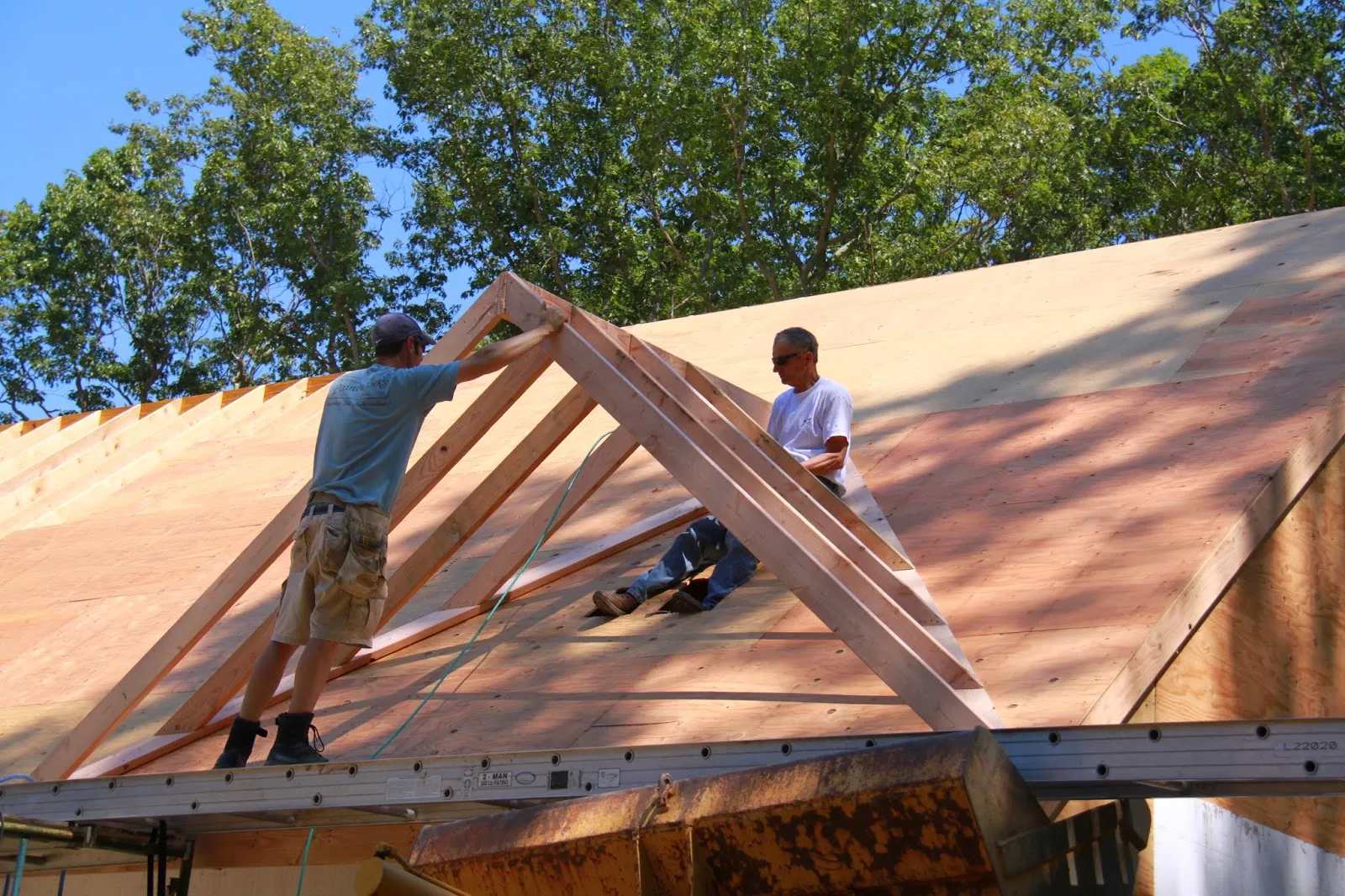
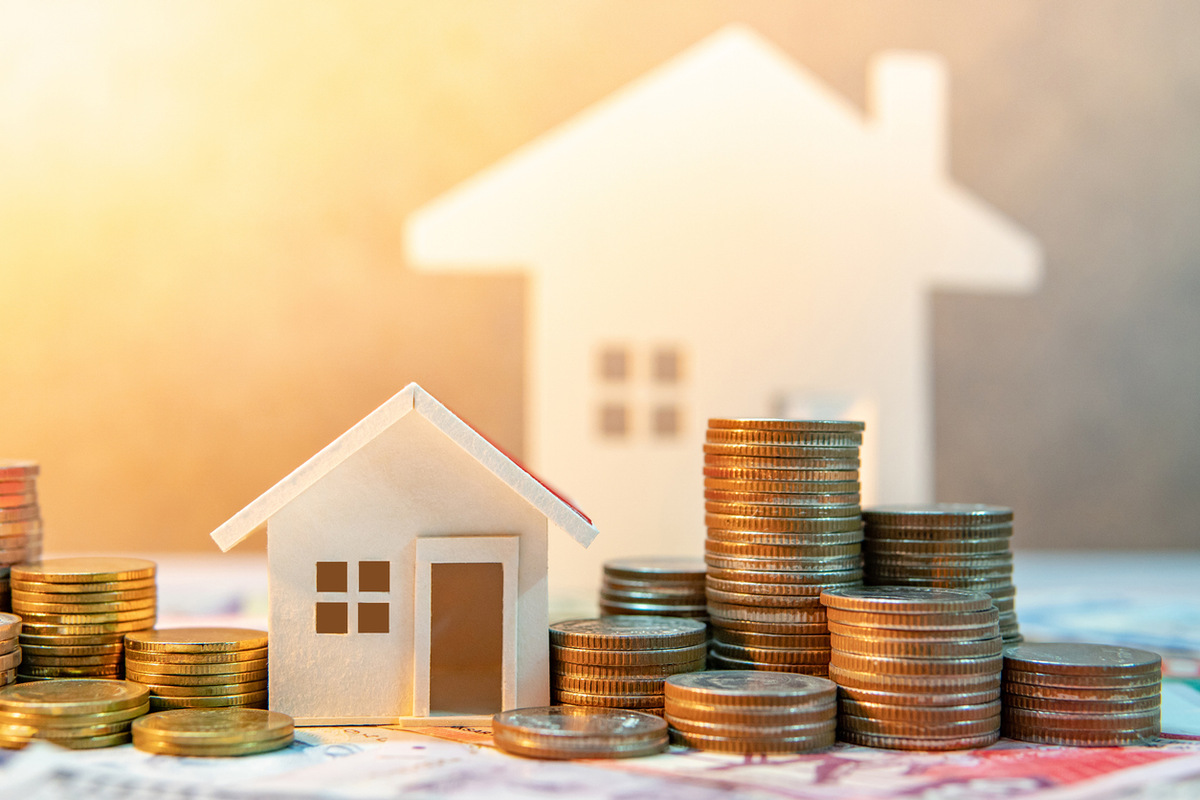
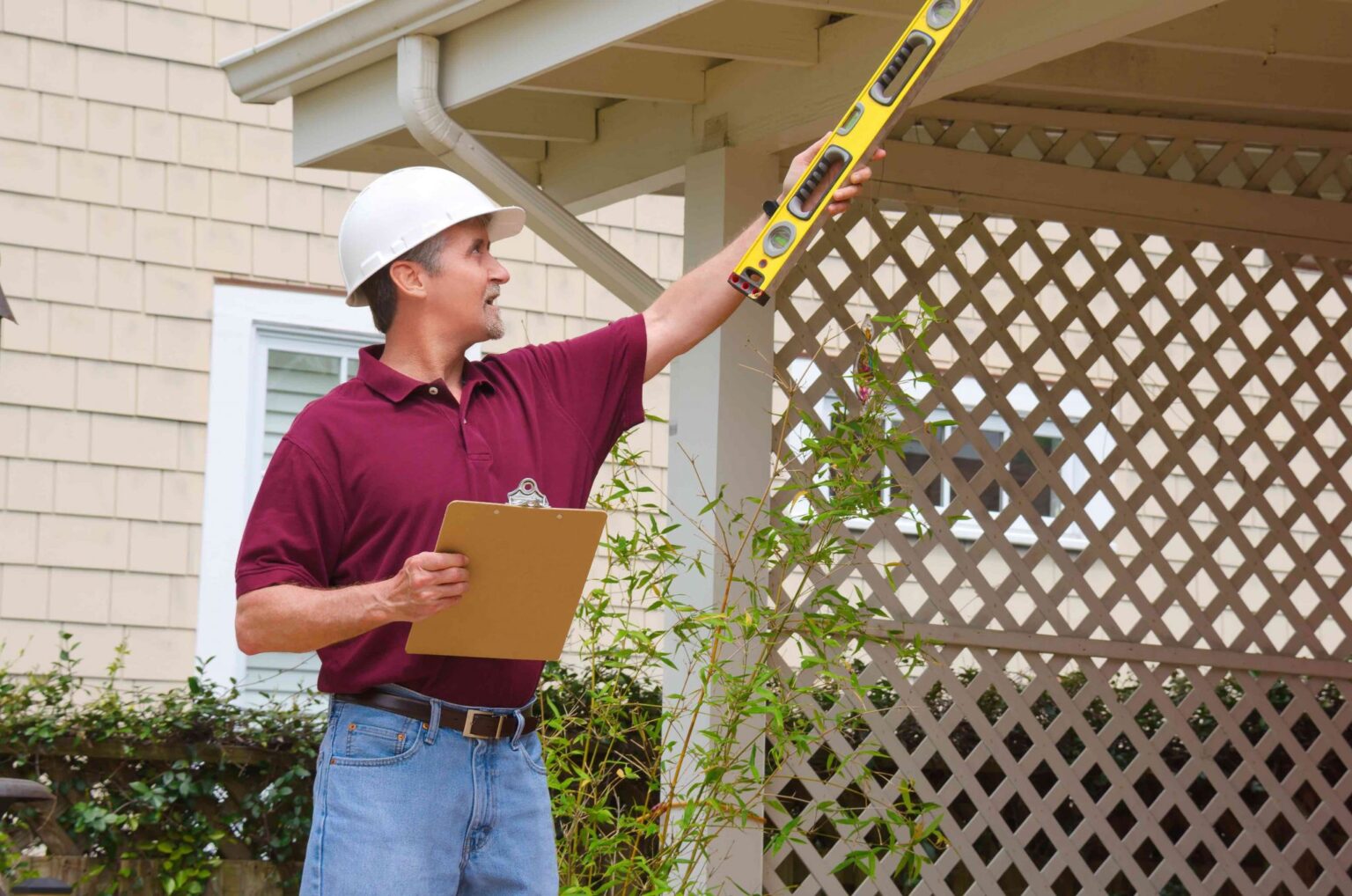
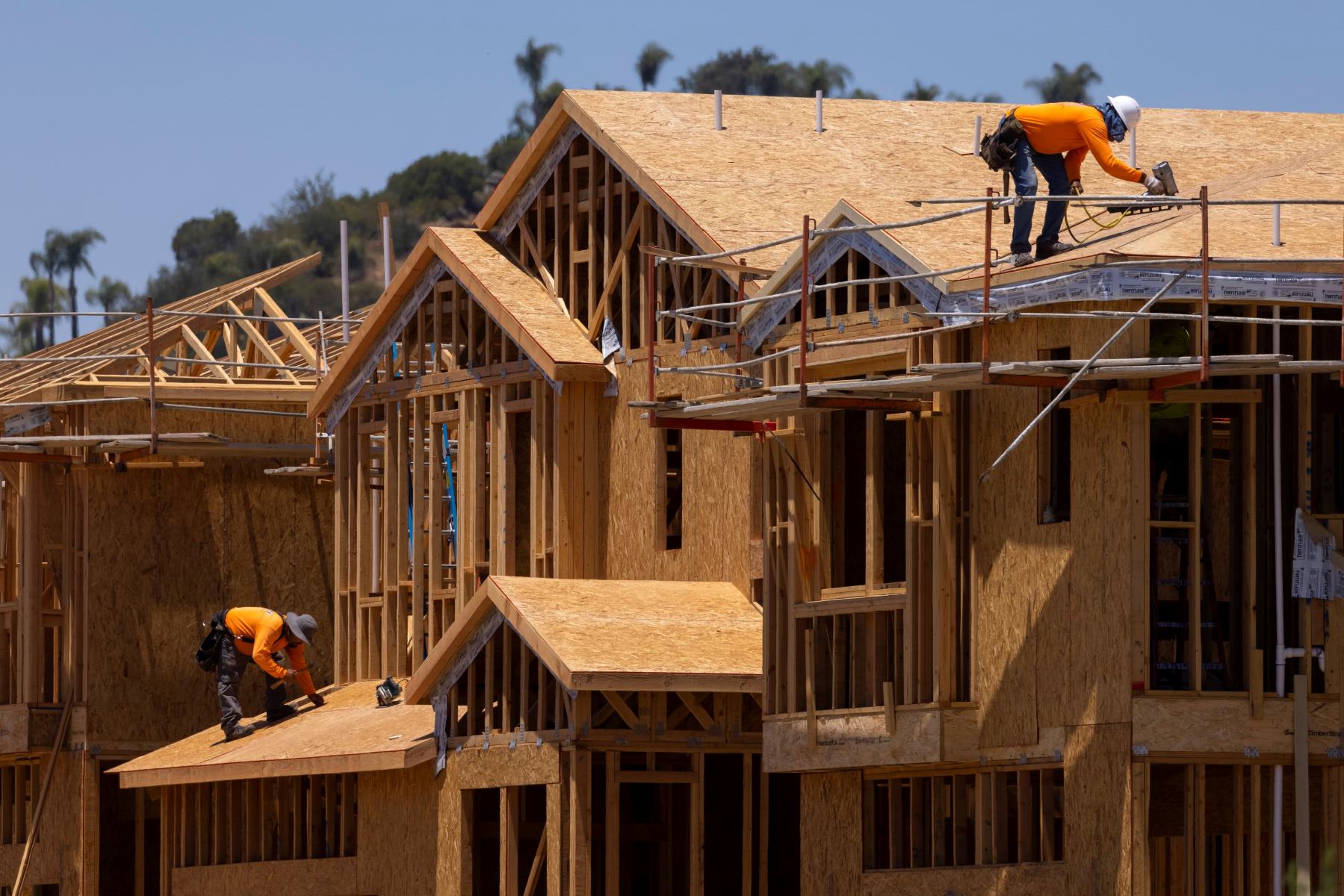
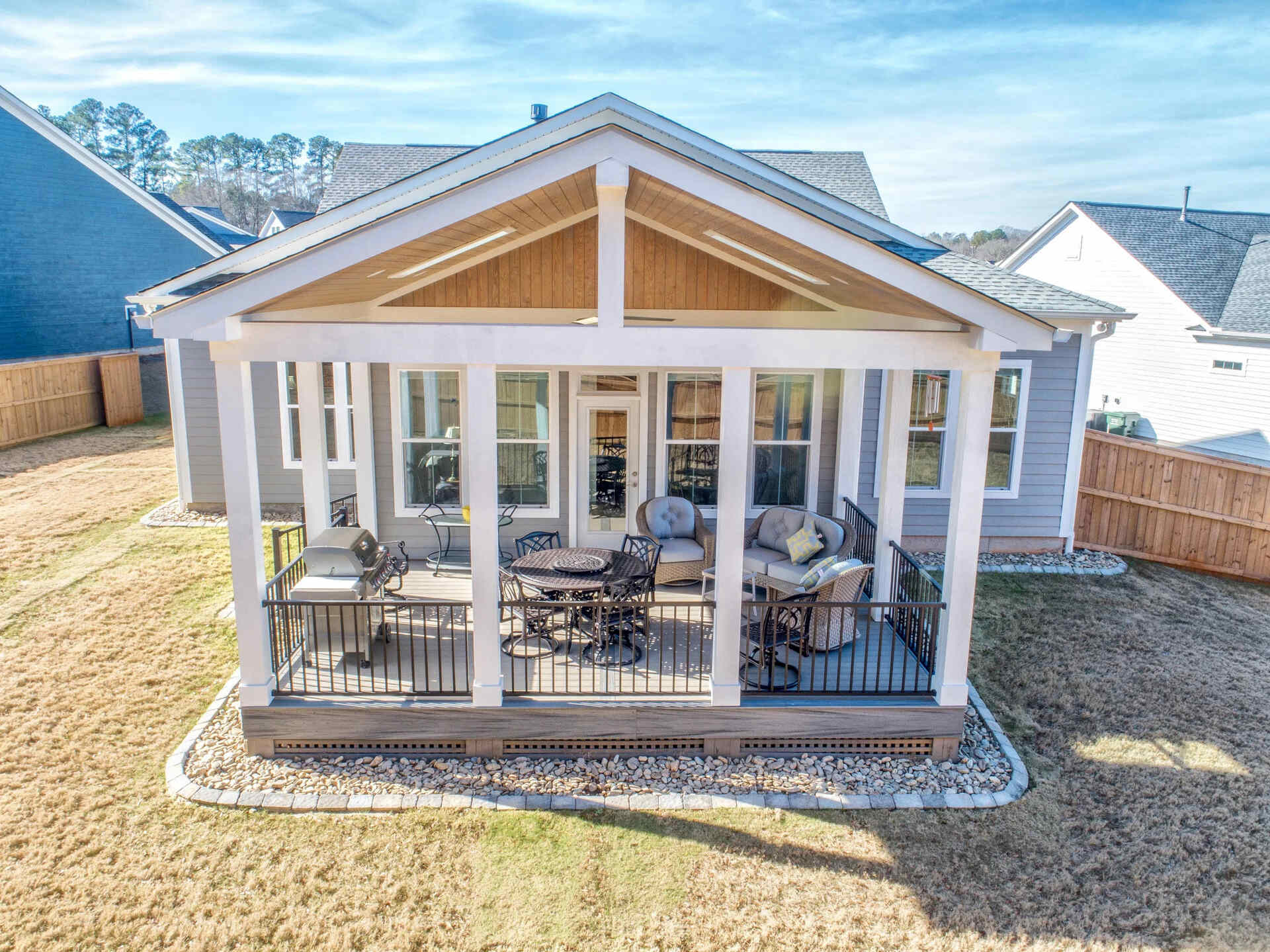
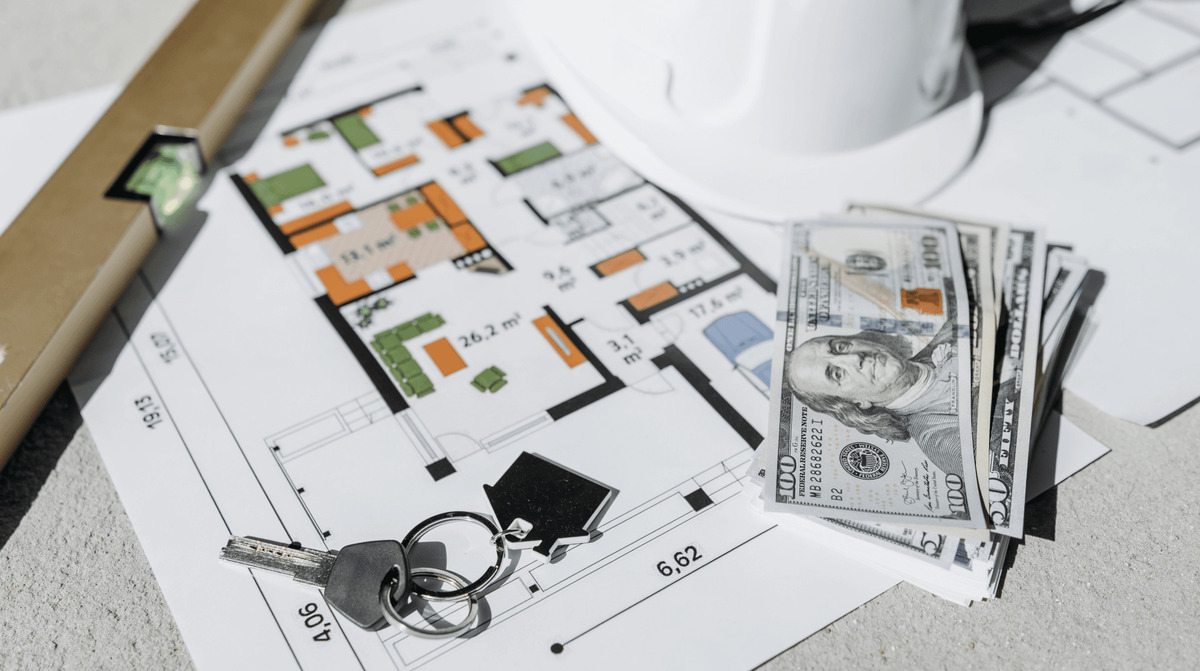
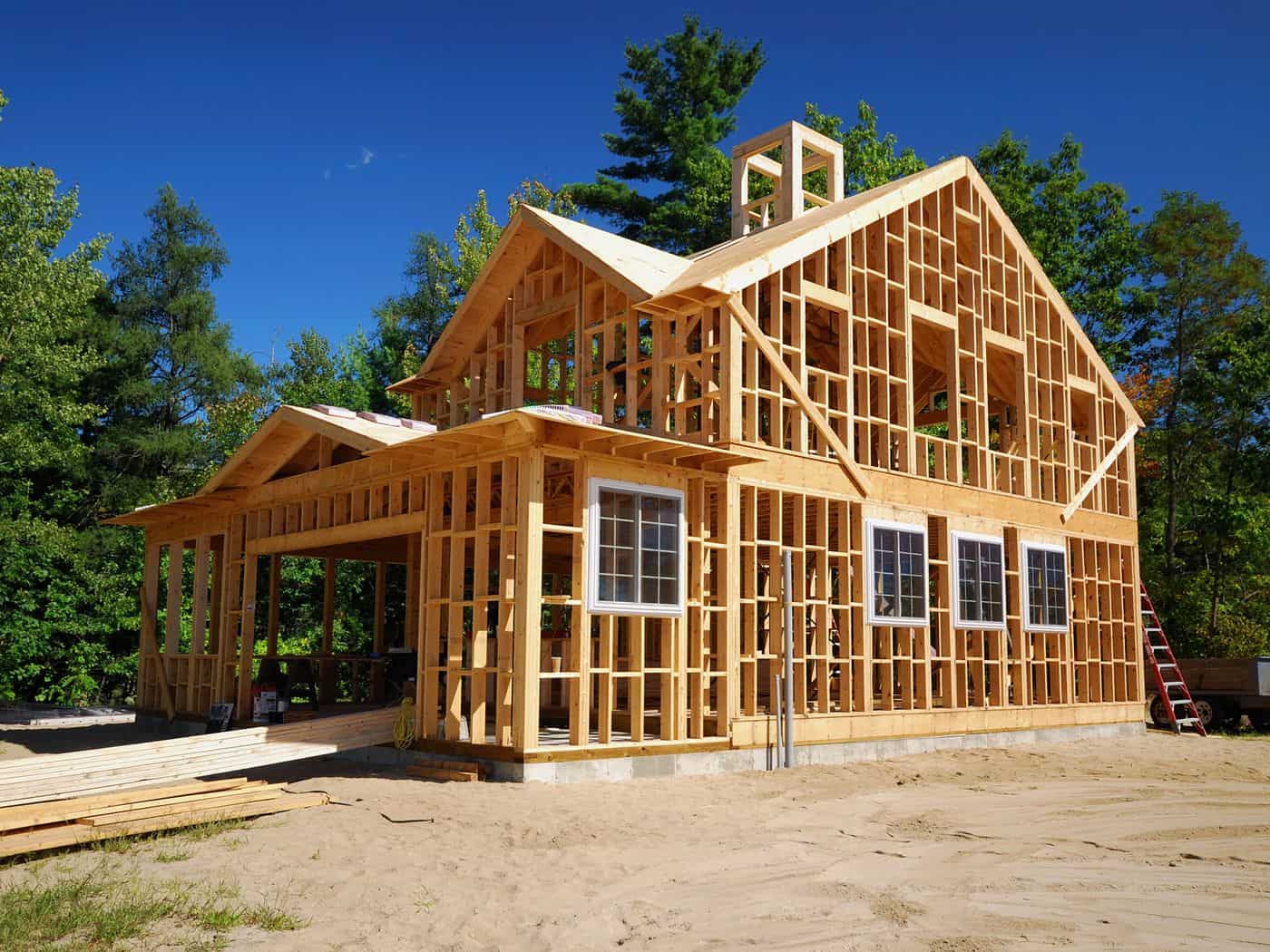
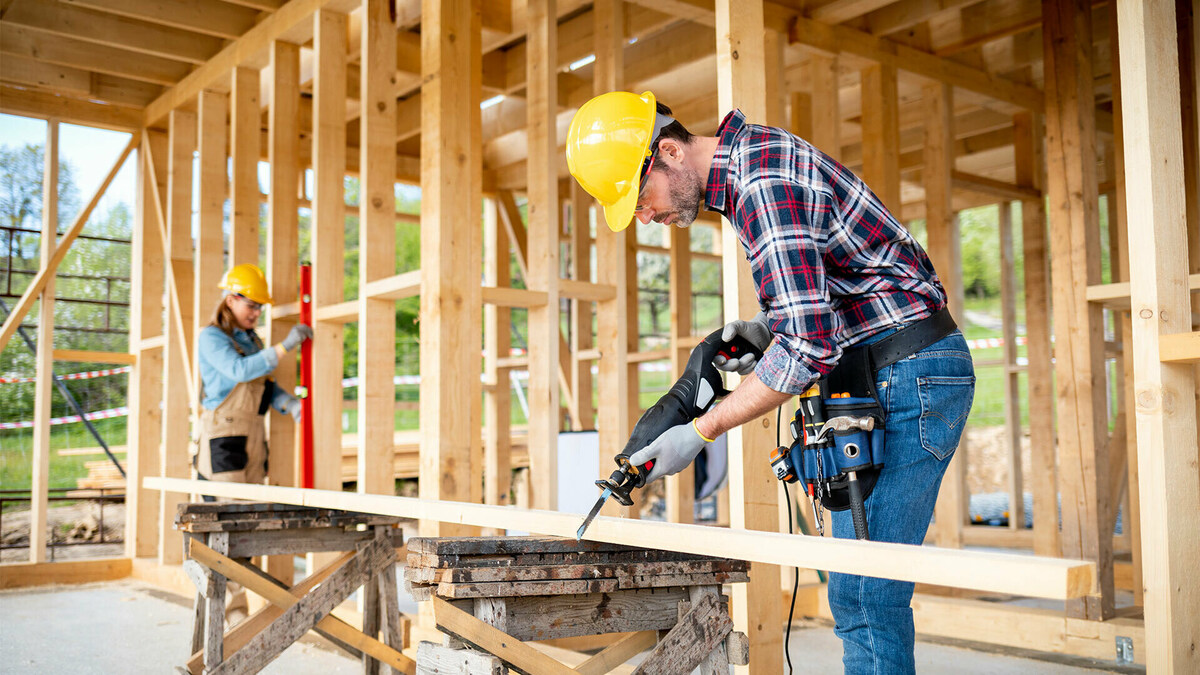
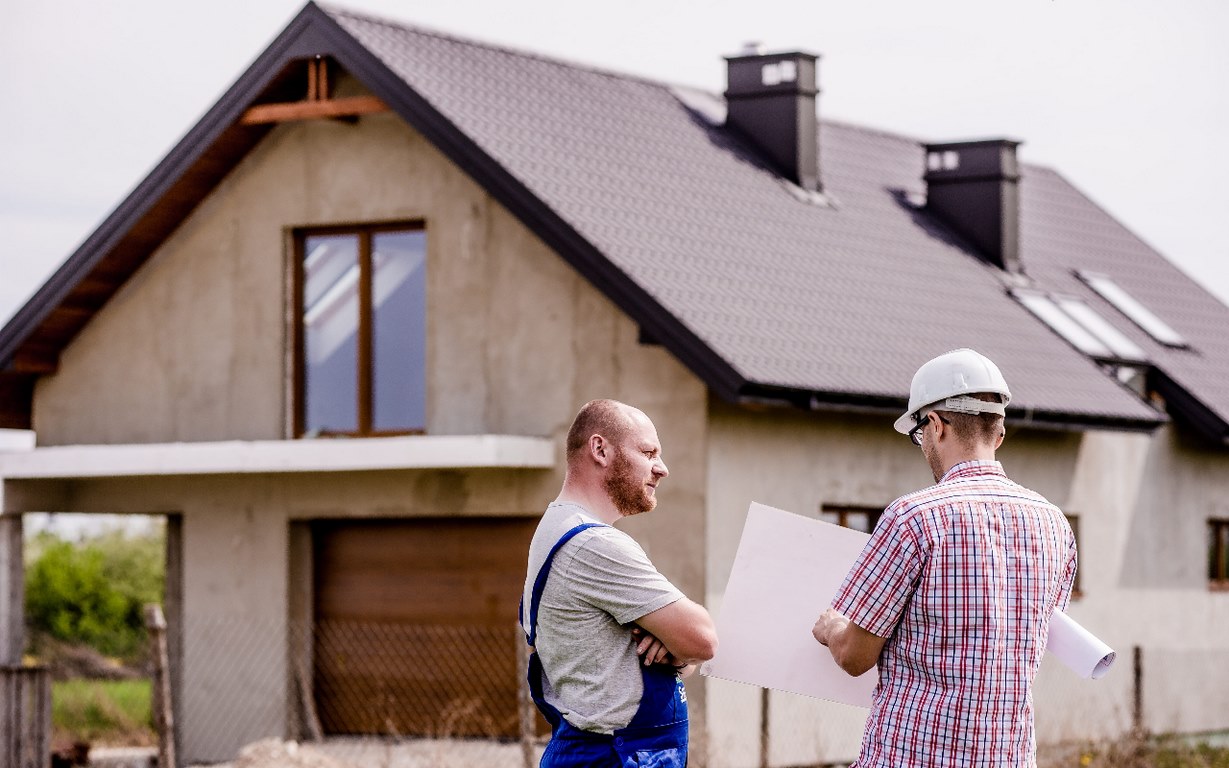

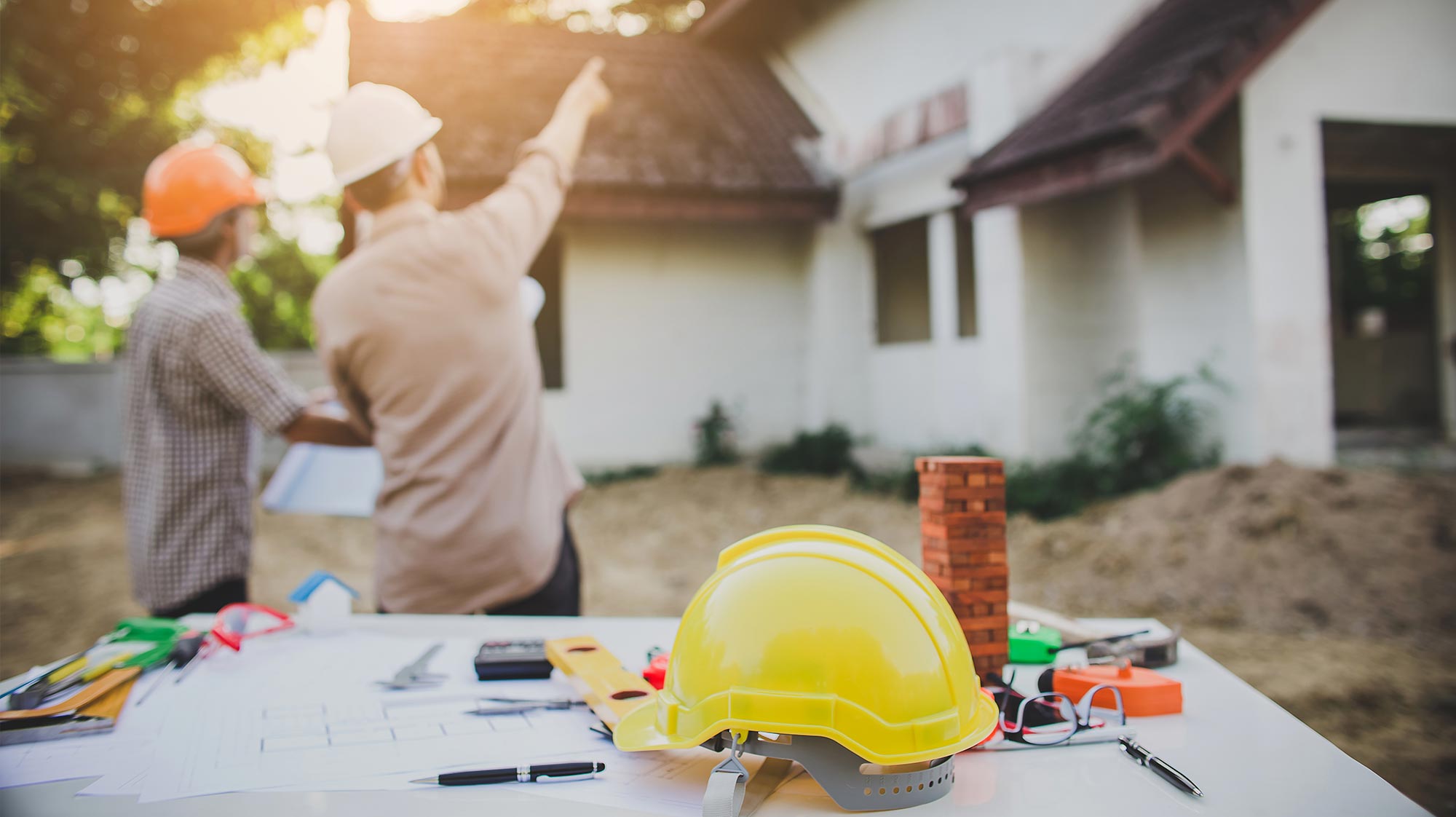
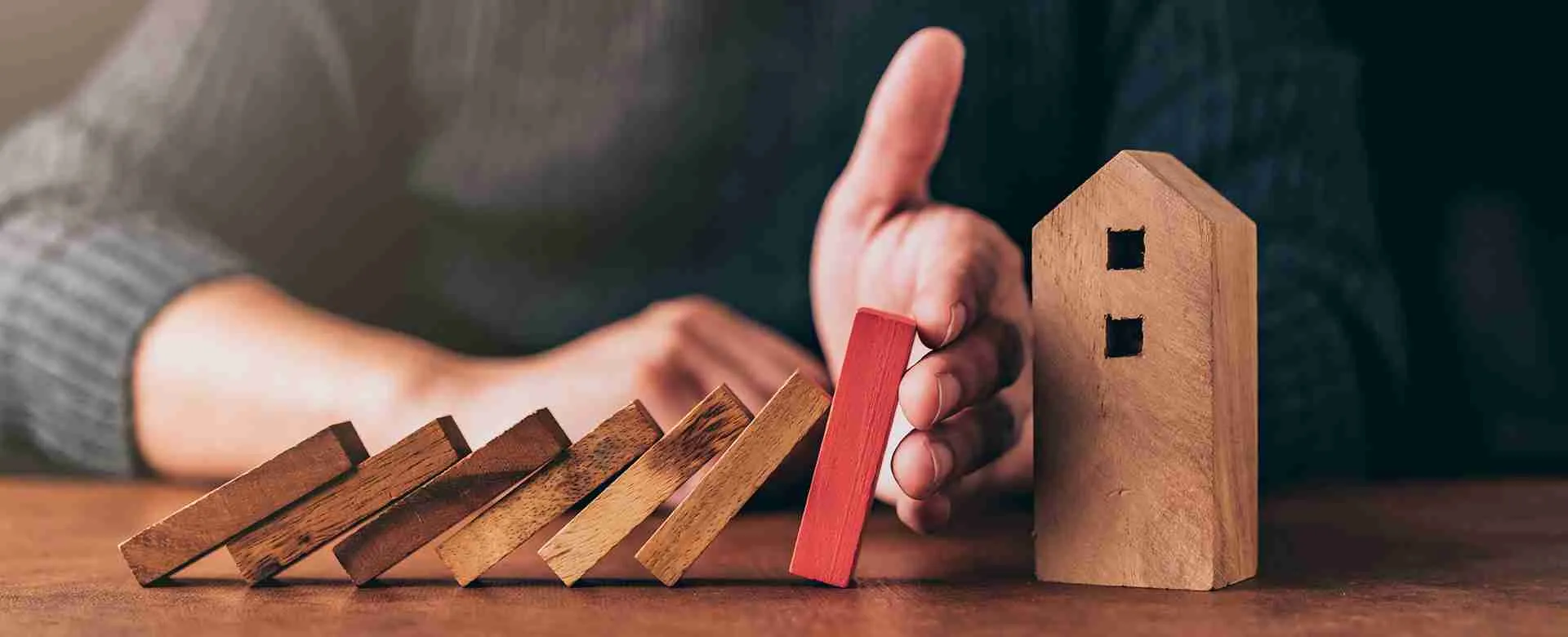


0 thoughts on “Closing Costs When Building A House”